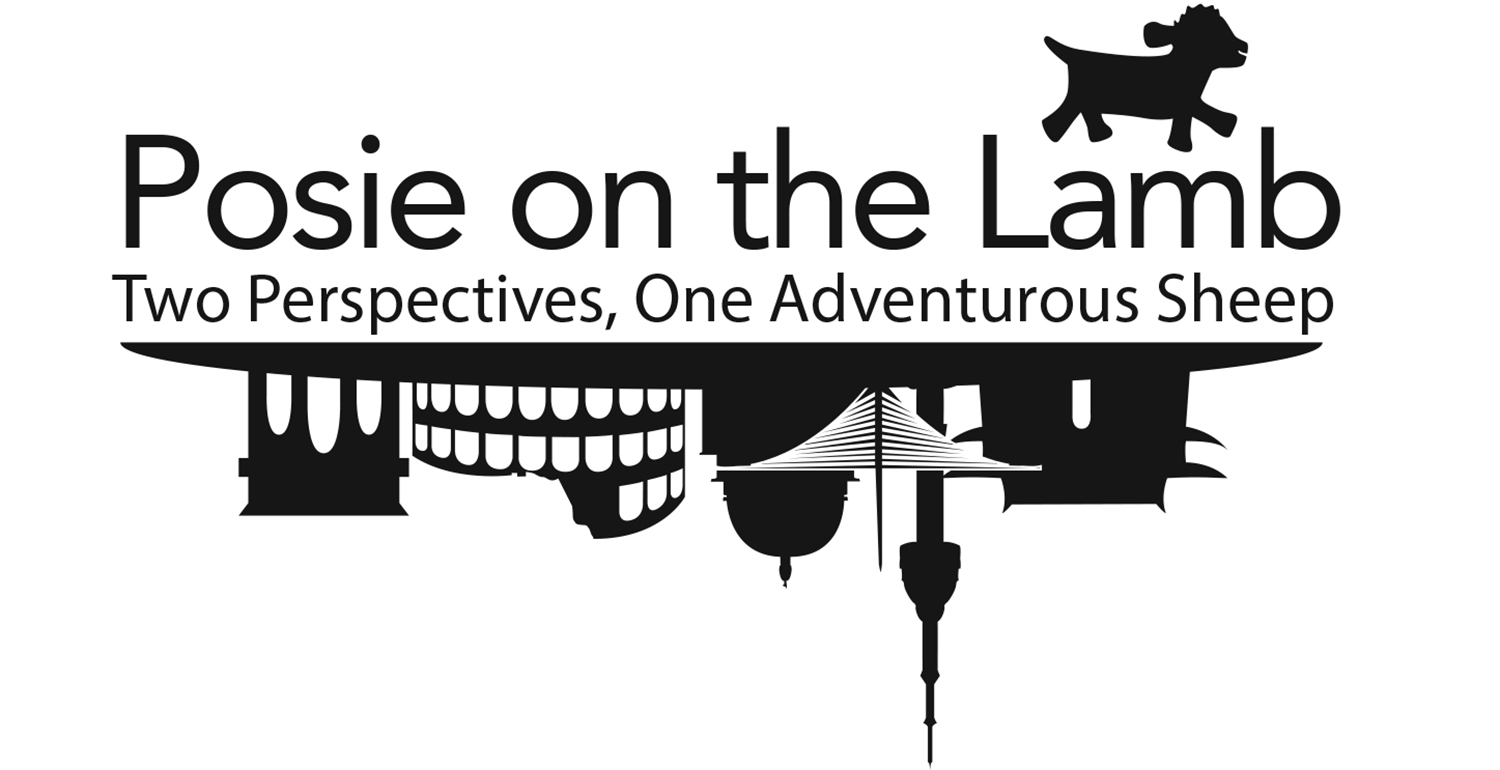Changes

Yesterday, I saw three separate women in tank tops. I can only assume the world is ending. Bare shoulders are unheard of in Chungju. When we first arrived in Korea, our liaison with the Office of Education pulled the new women teachers aside to vet our clothing.
"Chungbuk is the most conservative province in the country," she reminded us, as yet another outfit got a pursed-lips rejection. "I wouldn't recommend showing anything lower than your collar bones."
I fled back to our room and began pulling the suitcases apart. My blouses had been deemed too low-necked, my camis too lacy. I was being introduced to my principal the next day, an event equated with meeting God himself, and apparently I was dressed to tempt sailors.
"What do I wear?!? I DON'T HAVE ANYTHING TO WEAR."
Sam, ill-equipped to deal with such crises, hid behind the bed.
Thus I showed up at my new school in a turtleneck sweater. The wool slowly soaked through as I bowed and smiled my way through the 90 degree August heat. No doubt the hot topic of conversation that week was that the new foreign teacher was an idiot.
In the three years since then, I have never openly worn a tank top or scoop-necked shirt. I bow with one hand to my throat just in case my blouse gapes. I've become a model of school-marmish decorum where tops are concerned. (And bottoms too, since I've never adapted to mini-skirts as professional wear. Legs are the Korean superpower.) Apparently I've converted, because I was shocked--shocked--at the sudden appearance of sleeveless tops in Chungju this summer. Shoulders? Exposed on the streets for anyone to see? What is this, Vegas?
Korea has changed since we got here. A lot.
Rapid change has been modern South Korea's defining characteristic. It's an economic legend, the Asian tiger that burst from poverty into the First World. Politically, the country was redefined within a single generation. Former president Park Chung Hee took power via a military coup in the 1960s; his daughter, Park Geun Hye, was elected president in 2013. Sometimes the speed of change seems unbelievable--the county's been through six prime ministers since we arrived. We've watched skylines rise and fall, businesses sprout and die, trends cycle through. (Though some don't cycle nearly fast enough--I'm looking at you, Honey Butter Chips.)
Some of the most striking changes are conversational. Confucianism does not encourage the questioning of authority. Yet we've noticed much more open discussion on social issues like gender inequality and sexual violence. Big business--and big doesn't even begin to describe the heft of major companies around here--is being scrutinized. Most parents I know have concerns about the draconian high school system. I'm not saying these conversations are new, but they're becoming louder.
But the most noticeable changes are at street level, like the recent appearance of colored cars and women smokers.
For instance, when I first got here I amazed and thrilled coworkers with tales of my husband. He cooked. It was like I had married some kind of wizard. Korean husbands' kitchen skills stopped at opening a refrigerator door. Cooking was women's work.
But there's a new trend these days: cooking shows for men. The local food network used to be all sweet-faced grandmothers and traditional recipes. Now young men in backwards-facing baseball caps deep-fry pork cutlets and experiment with exotic foreign ingredients like baked beans. And men are watching it. They aren't exactly dashing to the stove, but they are becoming comfortable with the image of men in the kitchen. That's a big deal. Just ask their wives.
Of course, it's not just South Korea that's changed. Our perspectives have morphed over these last three years. We see the country more fully than when we got here, though we'll never understand it completely. We also bow compulsively, use two hands to pass anything, and the strangest sentences fall out of our mouths.
"Fish brain soup again today."
"Sorry, I'm late. There was mandatory drinking."
"I think I'll sleep on the floor. It's cleaner."
"Ugh, this would be so much easier with chopsticks!"
"Got your keys? Wallet? Toilet paper?"
(That last one's just a joke, of course. We haven't used keys since we got here. Or voicemail.)
South Korea has shaped us. That makes me feel better about all the goodbyes we've been saying recently. We'll take a bit of the country with us when we leave. And we'll have the opportunity to be shaped by other places. And maybe, someday, I'll get over it enough to wear a tank top in public again.
-Erin
